Dating is exhausting. (trust me, I know!)
The endless swiping. The awkward small talk.
The highs of a great conversation, followed by the crushing disappointment when they turn out to be inconsistent, unavailable, or just an idiot.
Or worse, when they disappear without a trace.
But what if you could buy the perfect relationship?
One where your partner always listens and remembers.
Never argues. Never lies. Never pulls away.
And always knows exactly what to say.
Just the experience of being seen, understood, adored, and pursued—without any of the emotional risks of real relationships.
That’s the premise behind Love and Deepspace, a wildly popular AI-powered dating simulation game in China that has already made its founder a billionaire.
It uses voice AI to help its five male characters—the love interests or boyfriends—communicate with in-game phone calls and messages.
Designed to feel like the “perfect” romantic partners, these AI boyfriends offer constant attention, affection, and understanding—on demand.
Here is promo image just so you can see the renderings of the love interests…
Unlike traditional dating sims, they:
🔷 Remember” past conversations, creating the illusion of shared history
🔷 Adapt to each player’s reactions and emotions, making every interaction feel personal
🔷 Respond in ways that feel incredibly human
“It reminds you of how you feel when you first fall in love,” says one player, who is married.
In a world where real relationships feel increasingly transactional, unreliable, and draining, this game offers something that human partners never can: certainty.
And unlike real relationships, this one is one-sided.
No conflict, no compromise, no emotional labor.
Just the illusion of intimacy without risk.
Millions of women are happily paying—to buy gifts for their AI partners, unlock special moments and storylines, deepening the illusion in ways that make the fantasy feel even more real.
This game combines cutting-edge AI, storytelling and gaming to create a new category of immersive and emotionally addictive experiences—one that is growing fast.
And not in just China—Love and Deepspace is already finding fans in the U.S., which accounted for 11% of its 2024 sales.
But here’s the thing:
The very things that make real relationships meaningful are the things AI will never provide.
Genuine intimacy is messy. It’s built on deep self-awareness and the ability to navigate conflict and difficult conversations.
A real relationship challenges you—it’s not just a reflection of what you want to hear.
But AI boyfriends are more like a glass (or if you’re me, three 😄) of wine after a hard day.
A quick fix. Some temporarily relief.
But over time, they pull us further from the one thing we actually need—authentic human connection.
But like or not, this is our reality now.
And whether we find that fascinating or unsettling, one thing seems to be clear.
Personalized AI-powered immersive experiences are here to stay.
And they’re going to make a lot more billionaires.
And now, here’s what you need to know about AI this week (clickable links appear underlined in emails and in orange in the Substack app):
🎉 Two Big OpenAI Announcements This Week
🔷 Deep Research is now in the hand of millions.
Deep Research—the AI agent designed to handle complex, multi-step research and analysis projects independently—is now available to all paid ChatGPT users, including Plus ($20/month), Team, Edu, and Enterprise plans.
It’s the only way to access OpenAI’s most advanced model, o3, and can turn research and analysis projects that used to take hours (or even weeks) into minutes.
Previously, only Pro users ($200/month) had access. Now:
💠 Plus ($20/month), Team, Edu & Enterprise users get 10 queries/month
💠Pro users get 120 queries (up from 100)
I did a full deep dive on Deep Research in an earlier edition of my newsletter, covering its strengths, limitations, use cases, and how to get the best results. If you’re exploring it for the first time, it’s a must-read.
I’ll continue to test it out and share more insights. But in the meantime, remember to:
1️⃣ Write Strong Prompts. A short paragraph won’t do. Treat your prompts with the same care you'd give to any other complex and important AI task.
2️⃣ Always review, fact-check, and verify the output and citations before relying on them. Luckily, that’s way faster than doing all the research yourself—and with sources linked, double-checking is quick and easy.
—
🔷 OpenAI launched its largest model yet, GPT-4.5.
This isn’t one of those slow thinking “reasoning” models like o1, o3-mini or DeepSeek’s R1 (the kind that have been getting all the recent hype), but the next iteration of GPT-4o.
The company claims it has higher emotional intelligence, stronger conversational abilities, better writing capabilities, and improved “world knowledge”—while also being less likely to make things up.
Though expect it to still hallucinate, just less often.
It supports image and file uploads but not voice mode, video or screen sharing.
This is expected to be OpenAI’s last standalone model before everything merges—combining voice, vision, search, and deep research into a unified system.
For now, GPT-4.5 is only available to Pro users ($200/month), with Plus access rolling out next week.
Since this just launched yesterday, I’ll need time to test it before sharing any real insights. I’ll be diving into the 31-page whitepaper and experimenting once I get access next week.
In the meantime, I’ll leave you with a few thoughts from early testers:
⚖️ Google is facing a major lawsuit over its AI overviews.
Chegg, a popular homework help and education platform, says Google’s AI generated search summaries are using its content without permission or payment and cutting into traffic and revenue. The company blames AI Overviews for a 49% drop in traffic—a hit so big it’s now rethinking its entire business strategy.
Expect more lawsuits like this as AI search rewrites the rules of the internet and business.
Meta is launching a standalone AI app to compete directly with ChatGPT and Google Gemini, and plans to monetize it through subscriptions.
Until now, Meta AI has lived inside Facebook, Instagram, and WhatsApp.
Amazon’s long-awaited AI-powered Alexa+ is here, and promises to be a smarter, more personalized assistant.
According to the company, Alexa “knows almost everything in your life”, including your schedule, preferences, smart devices, and entertainment habits.
Here is what it can do:
1. Pull stats from your Amazon history (“you've read 12 books this year”).
2. Alert you when Beyoncé tickets drop.
3. Recommend the perfect spot for dumplings based on your preferences and place an order.
4. Text a babysitter.
5. Call an Uber ride.
6. Monitor your home in real time through its live feed camera.
If you already have Prime, it’s free. If not, it’s $20/month.
🎙️ ElevenLabs takes on Audible with AI audiobook publishing.
The company is launching a self-publishing platform for AI-narrated audiobooks, allowing authors to create and distribute audiobooks directly through its Reader app. This move comes days after partnering with Spotify for AI-generated narration.
With Audible in its sights, the platform promises better royalties and a marketplace for indie creators. Authors currently earn $1.10 per listener who stays for 11 minutes or more.
For now, it’s only available in the U.S. and in English, with expansion into 32 languages already in the works.
--
The company also launched its own speech-to-text model called Scribe, which claims to be the most accurate on the market. It supports 99 languages and reportedly achieves over 95% accuracy across multiple languages. Early benchmarks suggest it even outperforms OpenAI’s Whisper v3.
1,000 artists—including Kate Bush, Hans Zimmer & Tori Amos—just released a silent album to protest the UK’s proposed AI copyright law.
Why? The government wants to let AI companies train on any online content—without permission or payment—unless artists opt out (even though this isn’t even possible yet).
Anthropic launched Claude 3.7 Sonnet, their most advanced AI coding model yet, along with a new coding agent called Claude Code.
It also comes with a new mode (for paid users): Extended Thinking. The same model can give you instant answers in normal mode or take its time to reason over your request in the Extended Thinking mode. And yes, the thinking steps are visible to users.
If you’re a programmer, developer, or anyone who works with code, this is an exciting update and worth checking out. If not, you can sit this one out for now.
OpenAI has banned accounts for misusing ChatGPT in surveillance, disinformation, and fraud.
A China-linked group used AI to analyze social media posts about anti-China protests, while others generated fake job applications, spread propaganda, and even helped debug malware for cyberattacks.
Pika Labs, one of the top AI video generators, launched Pikaswaps, an editing tool that lets you replace specific elements including objects and backgrounds within exiting videos.
It’s pretty cool. Check it out below.
They just dropped their iOS app too, so you can create videos on the go.
Pika’s tagline says it all: Reality is What You Make It
Meanwhile…
Alibaba has just released Wan2.1, a family of AI video models designed to generate high-quality images and videos from text and image inputs.
Plus, they’re open-source, letting developers create their own spinoffs—something that’s rare for models of this caliber.
These are also the first video models capable of generating multilingual text effects in both Chinese and English, making them versatile for a global audience.
Would you trust an AI therapist?
Some people do—sometimes with devastating consequences.
Psychologists warn these bots can reinforce users’ darkest thoughts instead of challenging them, leading to real harm.
Two lawsuits are already underway after tragic cases where AI “therapists” encouraged self-harm or fueled violence.
--
I’ve been sitting (and wrestling) with this for a while now…
There’s a part of me that deeply resists AI therapy.
Therapy isn’t just about comforting words or validation. It’s also about challenging and disrupting destructive patterns of thinking and behavior.
Experienced therapists can read between the lines, know when to push back, when to let silence do the work, and when to challenge a perspective that’s keeping someone stuck.
They also sense rising distress and intervene when needed.
They bring real-word experience, genuine empathy, and the kind of intuition that builds trust—a trust that’s crucial for real healing.
Psychologist Maytal Eyal, in her Time Magazine essay, "I’m a Therapist, and I’m Replaceable. But So Are You," warns that AI therapy doesn’t just make treatment more accessible—it strips out the very friction that makes real therapy effective.
The discomfort of difficult conversations, the tension of being challenged, the trust built through human missteps—these are all essential to healing.
What happens when you take that friction away?
But AI is evolving fast. It’s already really good at analyzing tone, facial expressions, behavior patterns, and even picking up subtle emotional cues in ways that will likely soon outperform humans.
And then there’s the practical side—there aren’t enough therapists. Therapy is expensive. For many, it’s out of reach.
What if the real choice isn’t between AI therapy and human therapy—but between AI therapy and no therapy at all?
Could more advanced AI scale support in ways traditional therapy never could? And if so, what would that actually look like?
I have no answers yet, especially given the risks. But these are the questions I keep coming back to.
For now, what I do know is this: AI will play a valuable role in mental health.
It can help with mood tracking, giving people a way to monitor their emotions over time. Or it can support therapists by handling administrative work so they can focus on their clients.
The rest is still unfolding…
Nvidia and the American Society for Deaf Children launched a new AI platform called Signs that can help people learn American Sign Language, the third most prevalent language in the US.
His girlfriend likes word games, so he built one with AI to propose to her.
AI tools now make it easy for anyone to create custom interactive experiences—including brands.
For all my marketers out there: A word game that reveals a film’s title. A challenge where fans decode hidden messages for VIP access.
AI gives you the power to build these in minutes—but if everyone can do it, what makes yours worth playing?
🐶 Ever wish you could really understand what your pet is feeling?
AI might make that possible.
Scientists are training AI to read facial expressions in animals—from farm pigs to pet cats.
Some systems are more accurate in detecting stress and pain than trained vets, making it easier to catch problems early and improve animal welfare.
In case you missed last week’s edition, you can find it 👇:
That's all for this week.
I’ll see you next Friday. Thoughts, feedback and questions are always welcome and much appreciated. Shoot me a note at avi@joinsavvyavi.com.
Stay curious,
Avi
💙💙💙 P.S. A huge thank you to my paid subscribers and those of you who share this newsletter with curious friends and coworkers. It takes me about 20+ hours each week to research, curate, simplify the complex, and write this newsletter. So, your support means the world to me, as it helps me make this process sustainable (almost 😄).


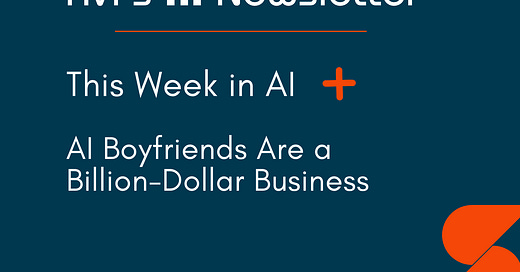


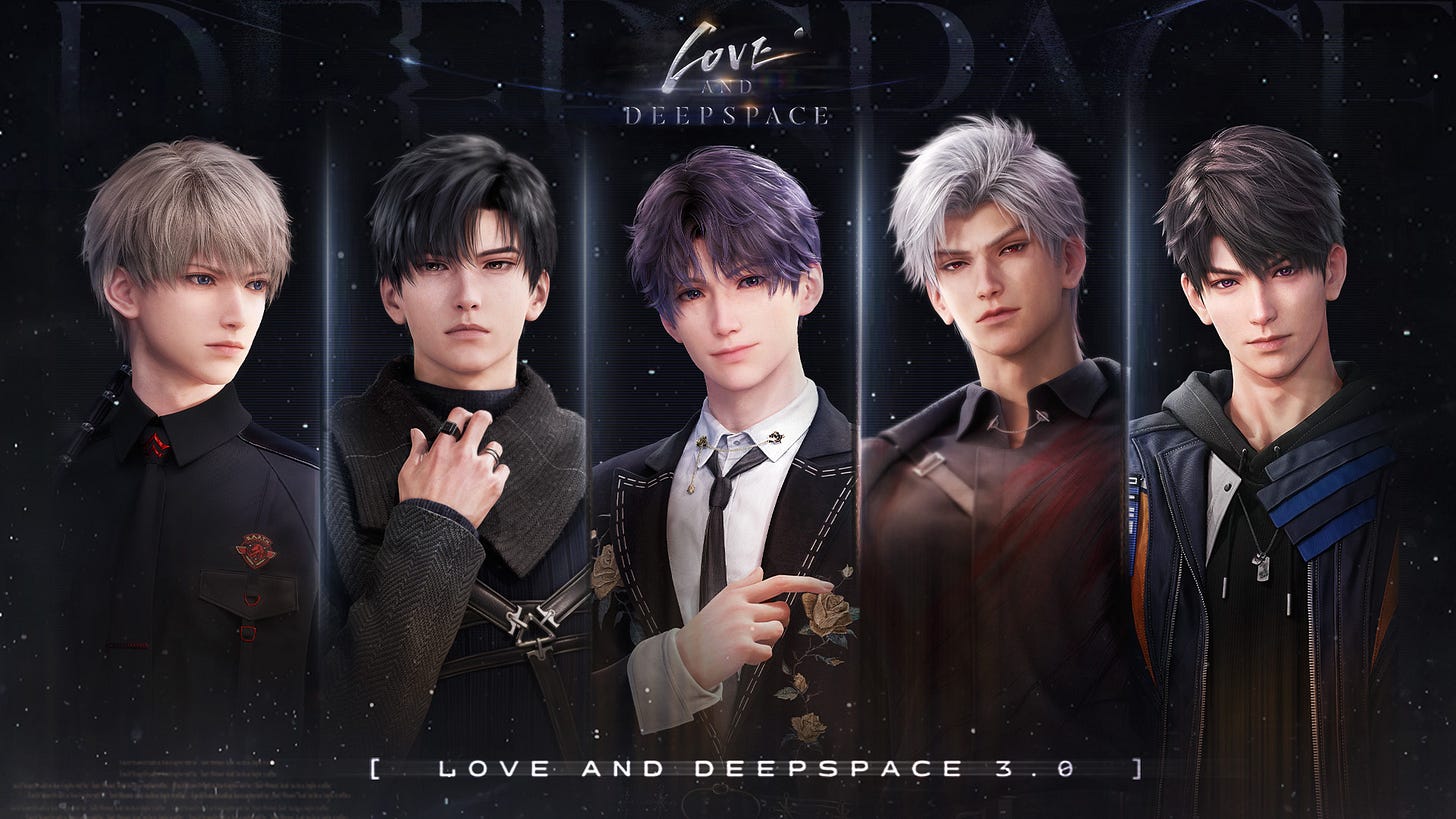
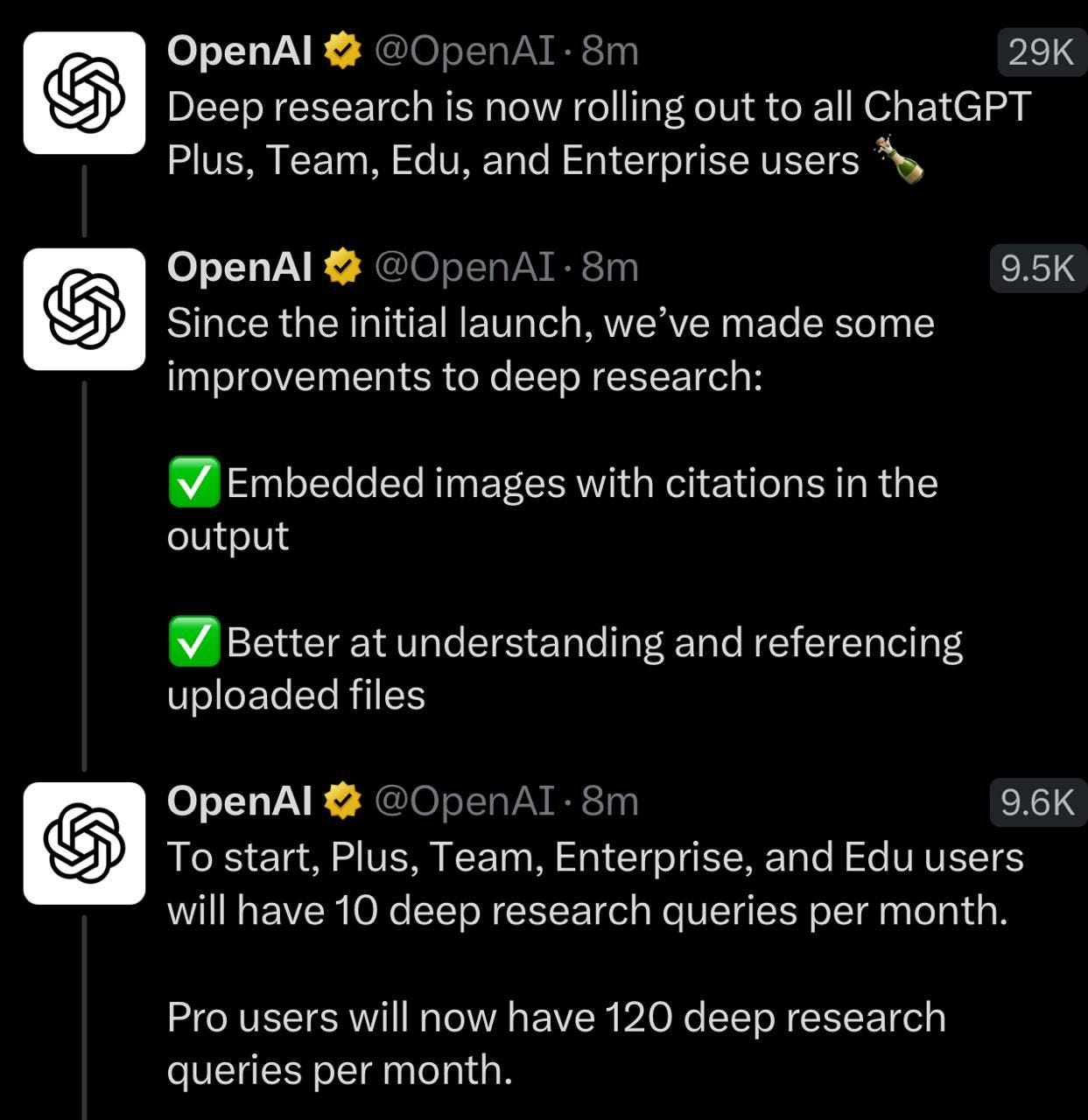
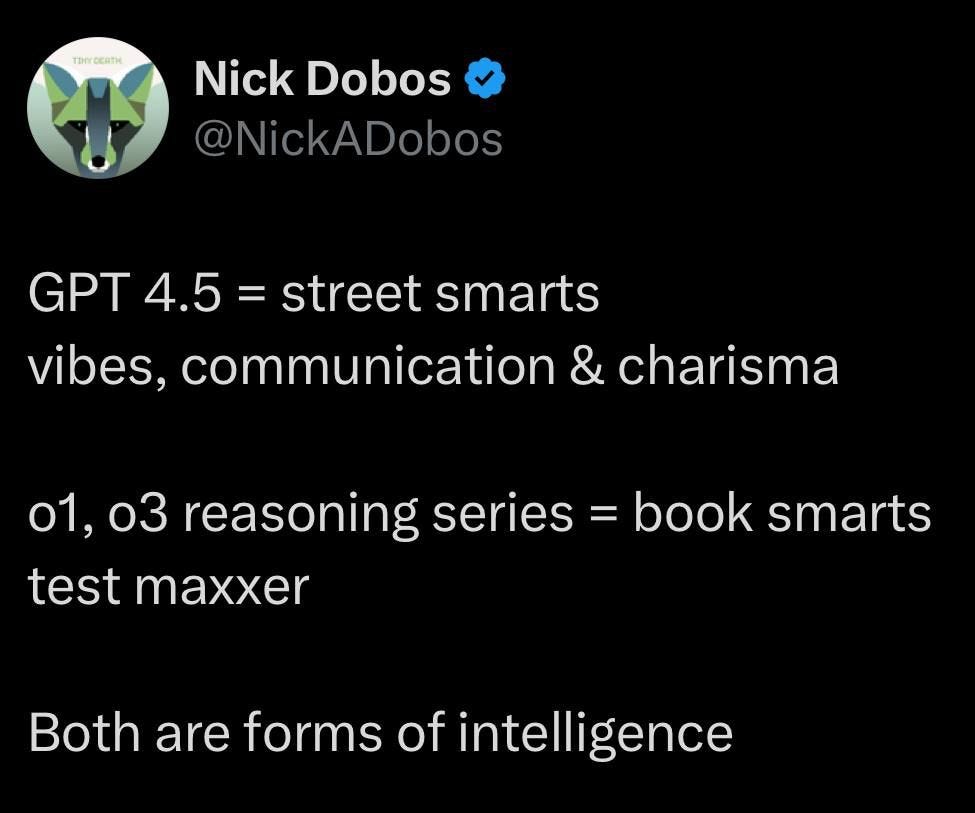
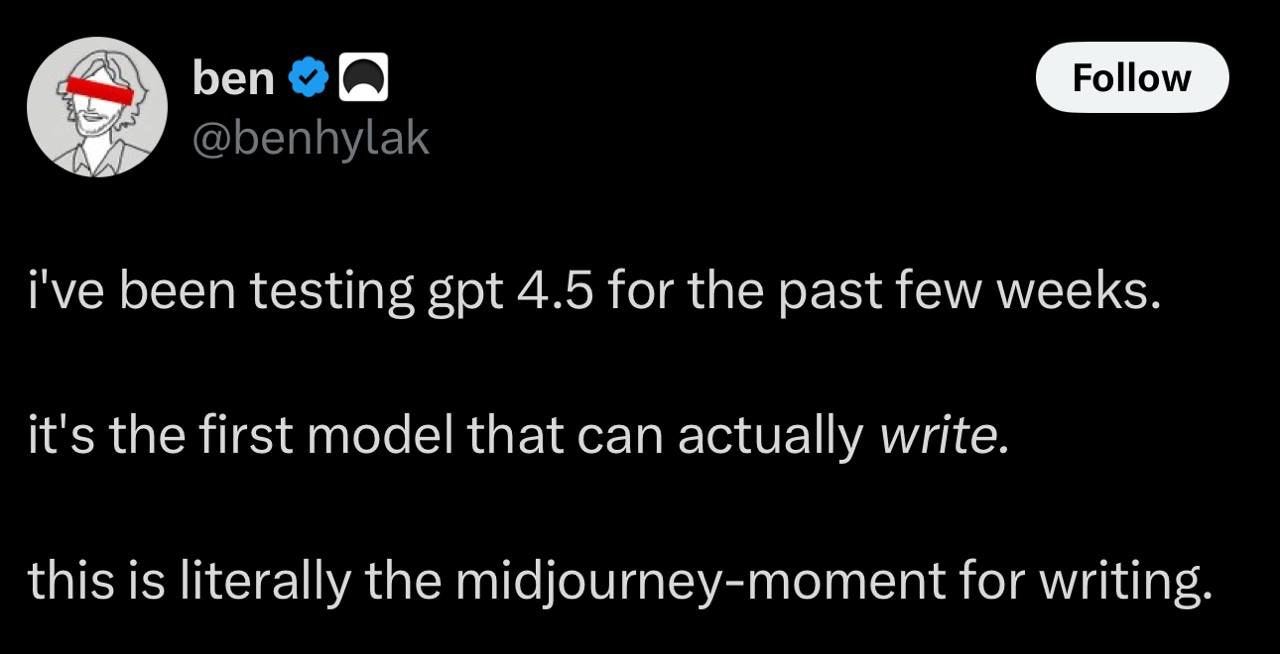



Great commentary, Avi. It is going to be fascinating to watch this unfold. Like the puppy who is always glad to see us, but never barfs on the rug, Ai will work for a time - but the cravings to REALLY be seen, known, loved and accepted by a REAL human is going, I suspect, to keep plaguing us and inviting us to learn to grow up, show up & shape up!
Thanks for all your hard work!!! xoxo
I really believe if given the option we will want humans every time...
I think it will serve as a crutch and might ultimately make us feel more disconnected.
But there are a lot of companies betting big on this space, and as we've seen with social media, understanding humans also means being able to find ways to seduce them and deepening the addiction.
I'm also very curious how this goes...
This year is going to be a big year also with "AI co-workers" joinng our workforce, so it's something we will need to deal with on multiple fronts.